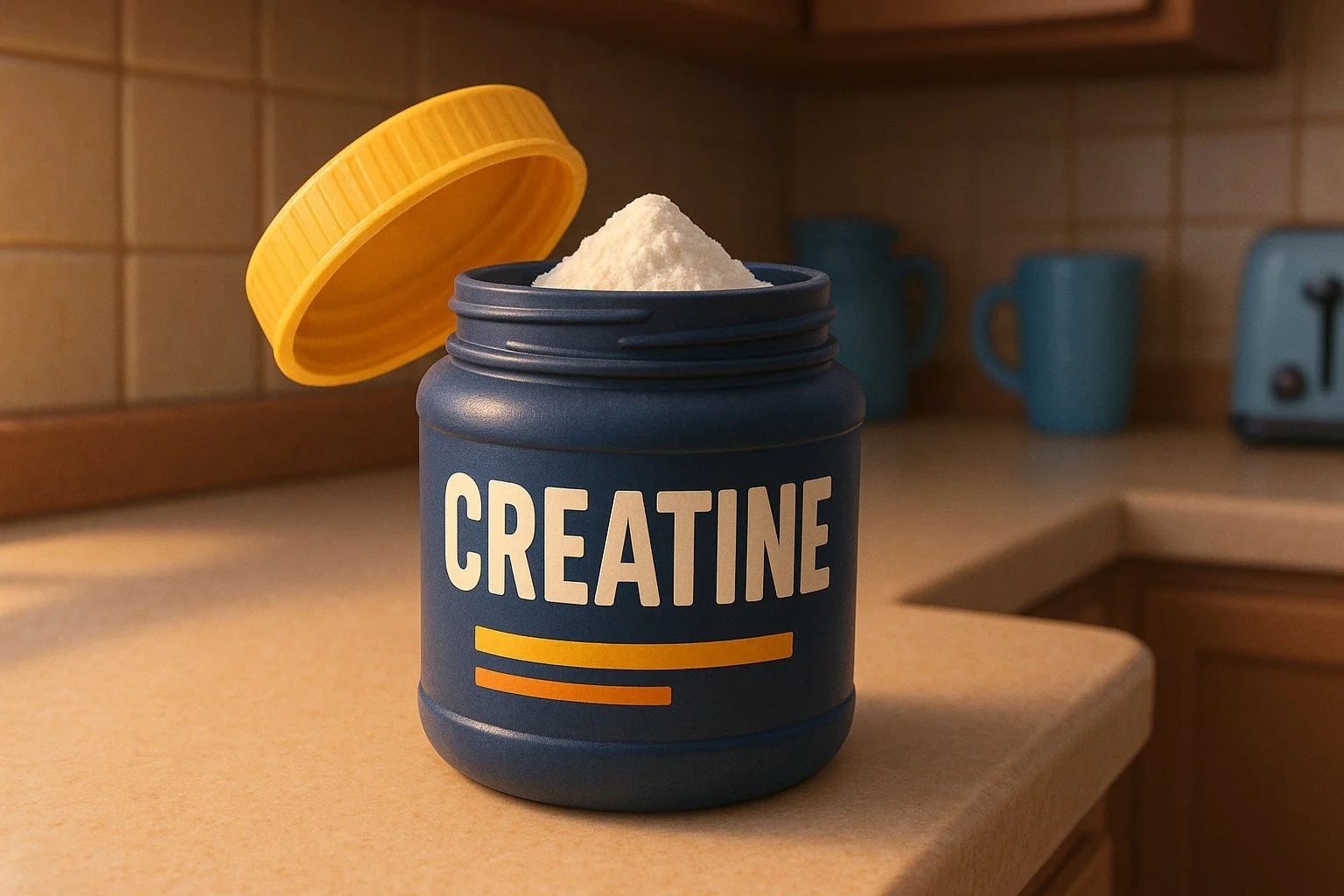
Health Studies Hub
Your go-to source for daily breakdowns of the latest health, fitness, and nutrition research.
Creatine Plus Exercise Prevents Type 2 Diabetes.
In 2025, Ewelina Młynarska and a team from the Medical University of Lodz reviewed studies on creatine monohydrate supplementation combined with exercise for preventing type 2 diabetes. They focused on how skeletal muscle, which handles most body glucose, loses function in type 2 diabetes due to insulin resistance and sarcopenia (muscle wasting), and how creatine monohydrate—found in meat/fish or supplements—might help alongside workouts like weights or aerobics.
Dietary Supplements Enhance Strength and Speed in Athletes.
In 2025, Beiwang Deng and team from Guangzhou Sport University conducted a systematic review and network meta-analysis to evaluate how dietary supplements, combined with conditioning training, affect athletes’ muscle strength, jump performance, sprint speed, and muscle mass.
Dietary Creatine From Meat Cuts Constipation Risk.
In 2025, Baohua Zheng and team from Chinese hospitals analyzed NHANES data from 2005–2010 on 10,721 adults. They calculated creatine intake from meat sources over two days and checked links to gut issues like chronic constipation and diarrhea using stats that adjusted for age, sex, BMI, and health factors.
Women May Benefit Even More From Creatine Than Men.
A 2021 review in Nutrients by Smith‑Ryan et al. highlights that women have 70–80% lower natural creatine stores than men, making supplementation especially impactful for their health and performance.
Creatine Sharpens Your Memory—Not Just Your Muscles.
Creatine’s known benefits for muscle energy appear to extend to the brain—boosting cognitive function via enhanced cellular energy supply. The memory improvements were consistent across sexes and independent of body composition changes, suggesting creatine supports brain performance directly.
Creatine Isn’t Just for Gym Rats—It’s Brain Fuel, Too.
In 2025, Dr. Richard Kreider of Texas A&M reviewed 685 clinical trials and found creatine to be not only safe, but vital for healthy aging. Beyond muscle gains, creatine powers brain cells, supports cognitive function, protects against stress, and helps older adults retain muscle and memory.
Creatine Speeds up Muscle Recovery After Tough Workouts.
A 2025 double-blind, placebo-controlled trial found that creatine monohydrate supplementation reduced post-exercise muscle damage and soreness, especially in women, who experienced less swelling. This suggests creatine can help maintain muscle function and comfort after intense training.







